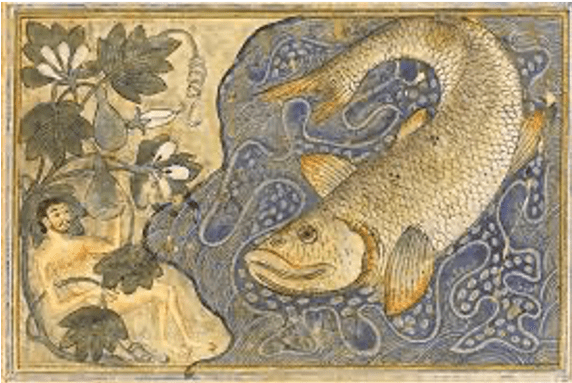The prophet Jonah is mentioned three times in the Gospels when Jesus refers to ‘the sign of Jonah.’ In the Old Testament he was swallowed by a large fish, traditionally a whale, and in its belly for three days and three nights. It is easy to see in that sign a reference to the death and resurrection of Jesus, but the book is also a powerful allegory of life. The prophet runs away from God, only to encounter a storm and possible shipwreck. He is thrown overboard and swallowed by the whale.
We are living through difficult and anxious days with the coronavirus: we seem to be surrounded by fear and danger, like Jonah. Where, we ask, is our hope and safety amid the storm and threat of breakdown? In his distress Jonah prays to the Lord and places his trust in God. The psalm he utters ends with the words, ‘Deliverance belongs to the Lord.’ As he speaks, the whale spews him on to the safety of dry land.
The story of Jonah is depicted here in this beautiful painting from a 14th century manuscript from Persia. The whale is friendly and smiling, basking in the expanse of blue sea. Jonah is safe: his hope has triumphed, and God has delivered him from danger and possible death.
In 1988 Heathcote Williams wrote a long poem called ‘Whale Nation’ in praise of these mysterious, gifted and intelligent creatures. We hunt them, we plunder the seas for them. But they are also our friends and guides, and it is easy to neglect those truths. The book ends with examples of whales and dolphins guiding ships and saving human lives. So, we, in the midst of all that worries and perplexes us, can give thanks to God our guide and Saviour, and pray that He will bring us safely through life.

